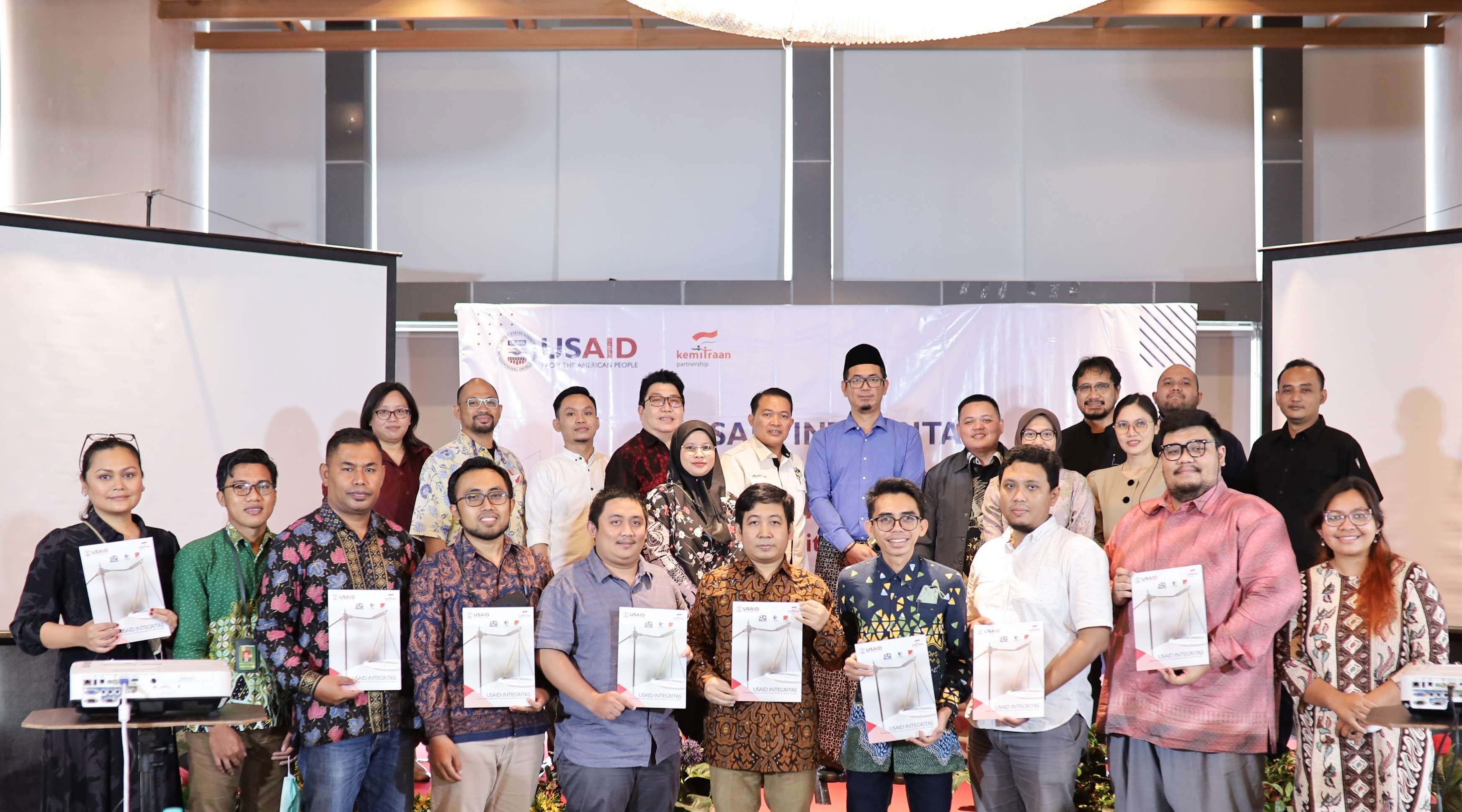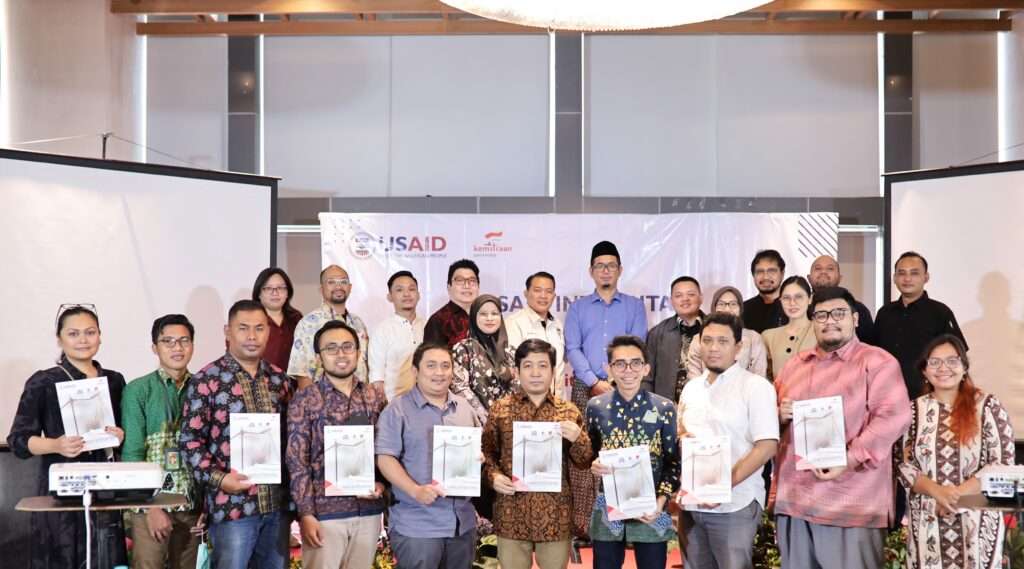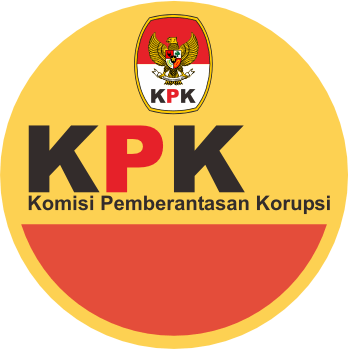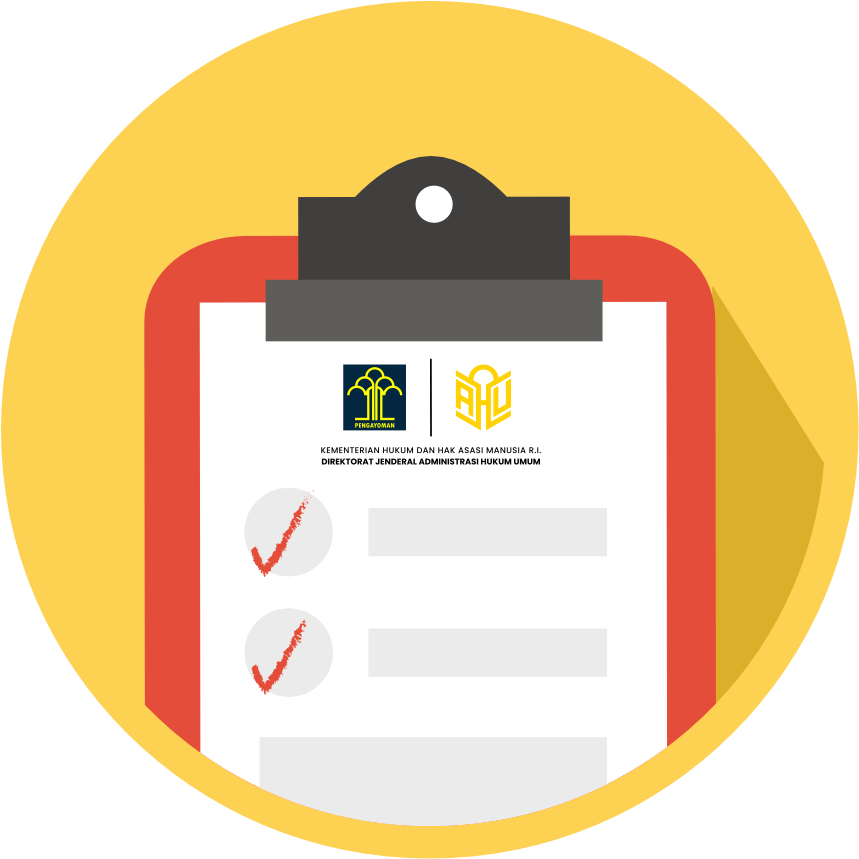

Surabaya, November 30, 2022 – The Partnership for Governance Reform (KEMITRAAN) announced new initiative to support university anti-corruption research centers and legal clinics from DKI Jakarta, East Java, North Sumatra, South Sulawesi and East Nusa Tenggara in conducting multidisciplinary anti-corruption research.
At a seminar held at Novotel Samator Surabaya, KEMITRAAN gathered representatives of approximately 18 university centers to explore how multidisciplinary research can offer new insights into corruption’s many complexities, and to explain a new funding opportunity to develop these center’s research capacity, beyond the traditional scope of public policy, law, and politics.
In Indonesia, universities are expected to uphold a trifecta of values and roles called “Tri Dharma Perguruan Tinggi”, which consists of education/learning, research, and community service. As such, they have an important role to play and have historically made valuable contributions to the anti-corruption movement. However, while well-known university research centers have generated significant amounts of anti-corruption research and policy advocacy, their efforts have primarily focused on corruption from a public policy, political, or legal perspective.
KEMITRAAN’s new research grants aim to support a broader academic engagement with the topic to comprehensively address the phenomena of entrenched, systemic corruption. KEMITRAAN hopes its support will help university centers to engage students from environmental sciences, strategic communications, management, economics, sociology, and psychology, among others, and promote collaboration among students and academic faculties that otherwise might not be directly involved in anti-corruption efforts.
This new initiative is supported by the US Agency for International Development (USAID), on behalf of the American people, through the Indonesia Integrity Initiative (INTEGRITAS) program. This new, 5-year program seeks to address corruption in Indonesia through a dual-tracked approach of systems strengthening and public engagement that facilitates collective efforts among government, the private sector, and civil society to address corruption vulnerabilities and conflicts of interest in the country.
At the event, Ahmad Qisa’i, USAID Indonesia Project Manager for Indonesia Integrity Initiative (INTEGRITAS) program said, “The United States through the U.S. Agency for International Development (USAID) has been working together with the Government of Indonesia to combat corruption. We believe that corruption corrodes democracies from within, erases hard-won development gains, extinguishes trust in public institutions, and enriches the few at the expense of the many. President Biden is the first President to elevate fighting corruption to a core national security interest for the United States, and Indonesia’s efforts to directly take-on corrupt actors are critically important. We are proud to support new research and innovation, as part of a comprehensive effort to tackle the shared challenges of corruption in all of its complex forms.”
Ardian Kusuma, the Research Sub Coordinator from the Ministry of Education, Culture, Research, and Technology, Directorate Research Technology and Community Service said “The Government of Indonesia recognizes the important role universities play in contributing to Indonesia’s development by spurring innovation in every dimension of development, including in corruption prevention. Therefore, the government supports this new multidisciplinary research initiative, and eagerly awaits the new lessons-learned it generates.”
KEMITRAAN Director of Knowledge Management & Learning Inda Presanti Loekman said that in order to strengthen democracy, policymaking should be based on evidence to support public goods rather than to serve vested interests that subvert the larger public interest. “Science, through which evidence is generated, reviewed, and calibrated, could help mediate and reconcile different views and interests in examining public policy options. By encouraging anti-corruption research at various universities, we can collectively enlighten policymakers, advocacy partners, and the general public on a rational path forward to prevent corruption,” she said.





